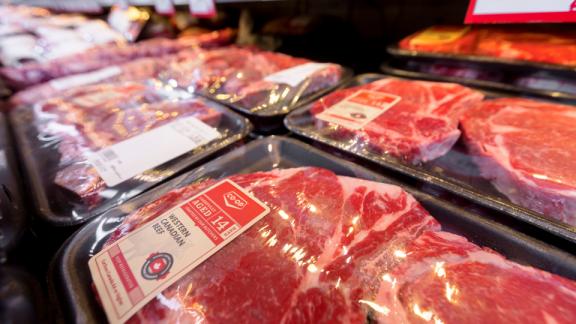Report Warns US Tariffs Will Drive Up Food Prices and Increase Food Insecurity in Canada

A new report by Second Harvest, Canada’s largest food rescue organization, reveals how additional proposed US tariffs will impact Canada’s food supply chain
The report, The Cost of Conflict: Tariffs and Food Insecurity, which was conducted by the StrategyCorp Institute of Public Policy and Economy, details how these tariffs — hitting every stage of the supply chain — will raise costs for consumers, reduce food availability and increase demand for non-profits. It also provides an analysis of the impact by province and territory.
With at least 8.7 million Canadians struggling to put food on the table, many turning to non-profits for food support for the first time, this economic disruption could make everyday essentials even more unaffordable — forcing more people to rely on the food charities that are already stretched beyond capacity.
Key findings:
- More than 60 per cent of all Canadian greenhouse vegetables are exported, with 99.5 per cent of that sold to the US. Losing this market will be devastating as most greenhouse operations have low profit margins.
- More than 90 per cent of all Canadian potato exports in fresh, seed and frozen varieties go to the US. Potatoes are New Brunswick’s largest agricultural commodity.
- More than 75 per cent of Canadian beef and 30 per cent of Canadian pork is exported to the US every year.
- Canadian households could see costs increase by up to $1,900 per year, with prices of staples like bread rising from $3.50 to $5.00.
- Unemployment is expected to rise to 8%, forcing more people to turn to food relief organizations for support.
- Reduced donations and rising transportation costs will make it harder for food relief organizations to meet demand.
“This is more than a trade issue — it’s a hunger crisis in the making,” said Lori Nikkel, CEO of Second Harvest. “We’re already seeing record demand for food relief programs across Canada. If these tariffs move forward, the ripple effects will be devastating — from farmers and food producers to grocery stores and the millions of Canadians who rely on charitable food support to get by.”
Learn more at www.secondharvest.ca/research/tariffs-and-food-insecurity
Second Harvest is Canada’s largest food rescue organization and a global thought leader on food waste and perishable food redistribution












